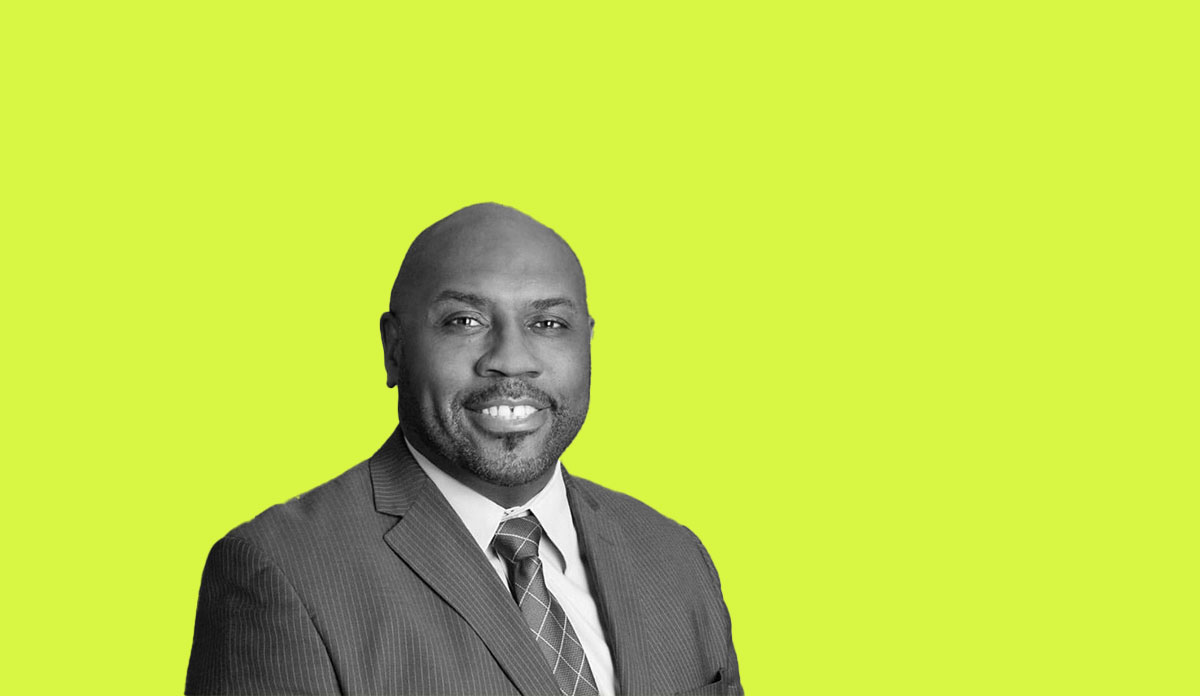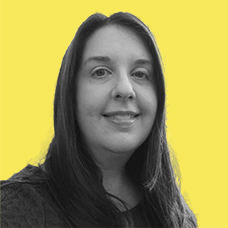If local public health directors had a superhero cape, it would have a “C” on it.
Damon Chaplin, public health director for the city of New Bedford, said the letter wouldn’t be about his last name – instead, it would be about his efforts to Convene, to Control, and to act with Compassion. Bringing people together is key in local public health, he said, especially during a public health crisis like Covid-19.
“You want to be able to implement policies that are going to control the spread of the virus, maybe in a nursing home, or in a low-income housing facility, or in a shelter,” he said. “We have the ability to bring those folks together into a circle and talk about change.”
Chaplin leads one of the 3,000-plus local public health departments in the US. Often called the “boots on the ground” of public health, local staff face unprecedented challenges navigating their communities through Covid-19.
During the early days of the pandemic, a big challenge in New Bedford was supplies. The city had shortages of personal protective equipment such as masks, face shields and gowns, and of tests, which hindered efforts to ensure that anyone seeking care could be tested for the virus.
“We did really well as far as putting together mitigation strategies,” Chaplin said. “But if you don’t have testing supplies, how can people tell whether or not they have Covid? How can they take action if they don’t have the information? And then on top of that, even when we got the tests, we were getting results that were seven to 10 days old.”
New Bedford consistently faces Covid-19 incidence rates that are above average in Massachusetts, along with vaccination rates that are below average. Additionally, as in many municipalities across the state and nation, the pandemic has highlighted capacity and resource challenges that local public health officials faced even before Covid-19.
Chaplin worked at the Boston Public Health Commission and the Massachusetts Department of Public Health before taking the helm in New Bedford in 2018. From his perspective, the communities that have fared better during this pandemic had early access to supplies and resources, such as health care providers who could provide a presumptive positive diagnosis when needed and authoritatively advise residents about how to prevent further spread of Covid-19.
When vaccines started rolling out, an opportunity arose in many municipalities to take advantage of early interest in getting vaccinated. Chaplin thinks New Bedford largely missed that opportunity, though, when local and regional public health departments weren’t included as a significant part of the statewide vaccine rollout strategy, and when low-access communities weren’t directly engaged.
“We had some very narrow windows when they were first giving out the vaccines, but they were not giving out vaccines to those organizations who could get it into the community,” Chaplin said. “They weren’t allowing health departments and community health centers to really get it out there.”
Chaplin said the state’s vaccine rollout plan could have done much more to incorporate health equity. Part of his job at the local level has been to fill equity gaps in order to increase vaccine uptake in New Bedford, and ensure everyone has the access and information they need.
“We have really been pushing. We’ve done town hall meetings, we’ve done mobile clinics, we’ve done stationary clinics, we’ve been at the supermarkets, the parks. We’ve gone into the neighborhoods, outside the neighborhoods. We’ve translated our conversations into Spanish and Portuguese,” Chaplin said. “I mean, we’ve done it all, but we’re at a place right now where people have made the decision on whether or not they’re going to get the vaccine. I think the numbers will go up, but it will be very slow. I don’t know if they’ll go up at a pace that’s going to adequately protect all city residents.”
The department continues to promote vaccination with its community partners, recently launching a campaign that urged unvaccinated people to get their first dose before mid-October, in order to be fully protected by the time they gather for Thanksgiving and other holiday celebrations with loved ones.
In addition to ongoing pandemic response management, one of Chaplin’s goals is pursuing accreditation for his department. Accreditation is a voluntary program for state and local public health departments that meet rigorous quality standards and have plans to continuously improve. Housing, homelessness, opioids and mental health, for example, are fundamental prevention and intervention programs of the New Bedford Health Department, which approaches them from a healthy equity lens. The pandemic, and George Floyd’s May 2020 death that fueled national protests, highlighted the importance of this approach.
“The eight minutes of video that we had of George Floyd’s last minutes of life, I think as tragic as it was, was what America needed to see because anyone with eyes could see that that was unjust,” Chaplin said.
“The average person of color dies before the age of 60 in too many cities,” he said, going on to explain how for most Americans, their 50s and 60s are their prime earning years. “That’s why years of life expectancy is such a critical data point, because you’re losing it on the back end—you’re not living long enough—and you’re losing it on the front end when you’re dying too soon, for reasons that I consider to be completely preventable,” he said.
“And that’s where public health comes in.”
This article is part of an occasional Public Health Post series profiling local public health professionals in Massachusetts. At this turning point for public health, this series will ask the “boots on the ground” people who led their communities through the pandemic their lessons learned with an eye toward what’s next for local public health.














